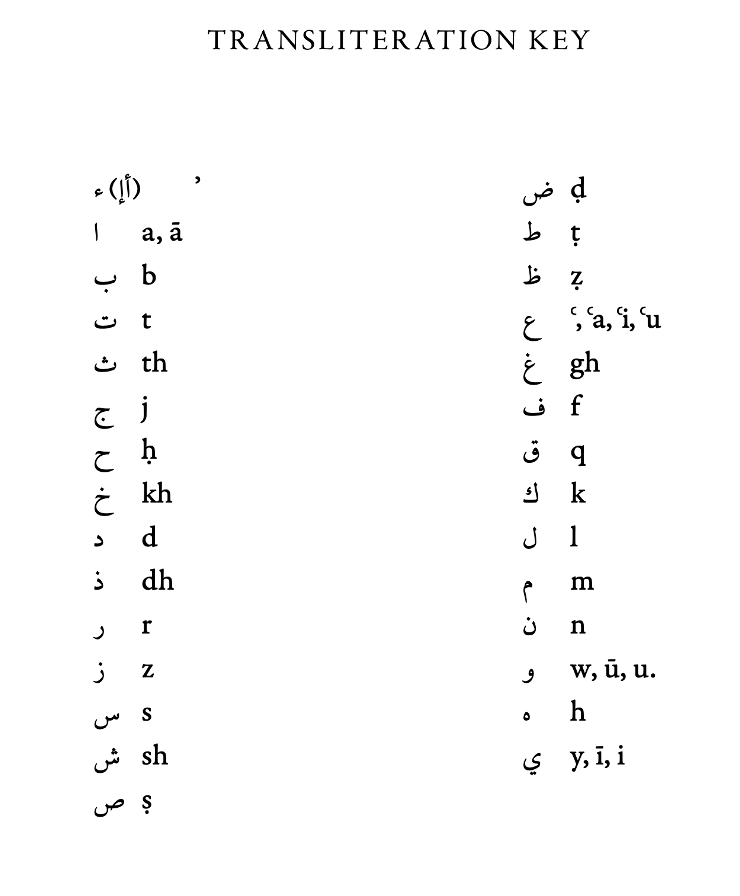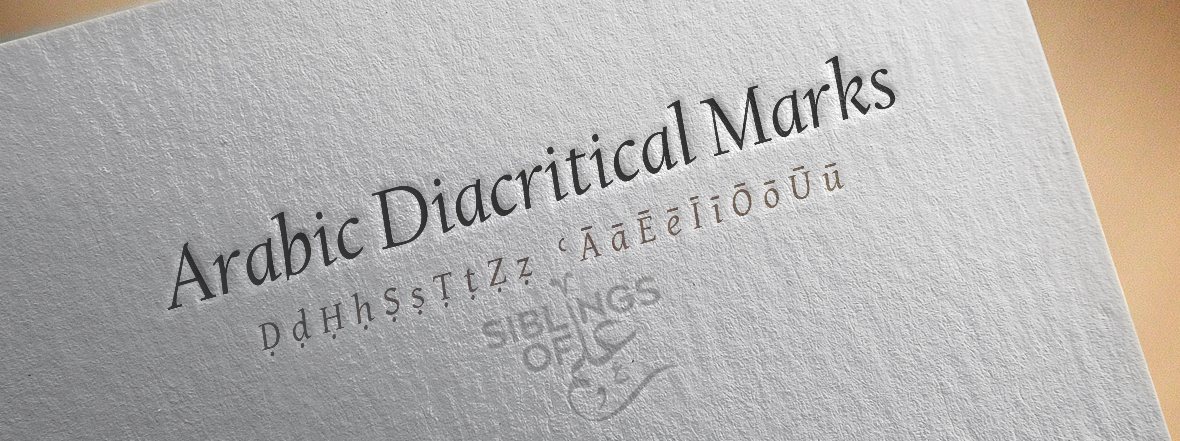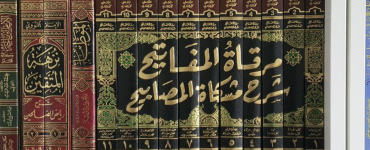In the Name of Allah, Most Gracious, Most Merciful.
Our profound Islamic heritage has been passed down through written works across generations. The great Imam al-Shāfiʿī beautifully said:
العلم صيد والكتابة قيده
قيد صيودك بالحبال الواثقة
Knowledge is prey and writing is its hunting apparatus,
So capture your prey with a firm rope.
Upon completing an MA Degree at a Western university subsequent to my graduation from a traditional Islamic seminary, I better recognised the substantial value that structured writing and independent research could offer students in traditional educational settings – features often emphasised in university education. Thus, when blessed with the opportunity to instruct final-year ʿĀlimiyyah students in the magnificent Hadith works of Imam al-Tirmidhī and Imam al-Nasā’ī, I made it mandatory for students to complete an academic dissertation as a prerequisite for graduation. The results of this were truly outstanding.
This concise guide was crafted to aid students as they embark on the initial stages of their writing journey. My hope is that this will prove beneficial and inspire more educational institutions to consider integrating writing and research tasks into their academic programmes. And from Allah comes all success.
Core Assessment Criteria:
- Understanding of the subject/topic of study
- Relevance of material selected and the arguments proposed
- Methodological planning and structuring
- Logical coherence
- Critical evaluation and analysis
- Comprehensiveness and thoroughness of research
- Demonstrated evidence of synthesis of ideas
- Creativity and originality
- Sufficient language proficiency
- Utilisation of proper academic style and conventions (e.g., citation of references etc.)
- Application of the prescribed transliteration/diacritic scheme for Islamic Studies (refer to Style Guide)
A Distinction Level Essay will Fulfil the Following Criteria:
- Exceptional capacity to independently plan, organise, and execute a research project.
- Remarkable aptitude for critical evaluation of literature and theory, leading to informed judgements.
- Elevated levels of creativity, originality, and autonomy in thinking.
- Profound skill in critically assessing established methodologies and proposing innovative approaches to ongoing research or practices.
- Very significant ability to analyse data critically.
- Outstanding precision, technical proficiency, organisational structure, and expression.
General Guidance
Your Introduction:
Your introduction is very important. It should contain three pieces of information:
1) Your essay questions/topics that you plan to research
2) Justification of the study: the why question
3) Methodology of the study: the how question
Your Research Approach:
Compile all existing materials related to your research topic from both traditional and Western academic sources, ensuring inclusion of these sources in your bibliography. Familiarise yourself thoroughly with these sources.
Plan your research:
- Collect all relevant Qur’an verses related to your topic. Delve into the commentary of all these verses in famous tafsīr works such as Ibn Kathīr, Qurṭubī, Maʿāriful Qur’an, al-Tafsīr al-Kabīr, al-Taḥrīr wa al-Tanwīr
- Collect Hadiths pertinent to your topic. Explore the interpretations of these Hadiths in reputable commentaries. Don’t forget to also check the authenticity of narrations.
- Identify existing books and writings on your research topic. Acquire physical or electronic copies of these publications.
- See if there are any online articles or essays that have been written on your topic.
- Consider connecting via email with any experts on the topic you are writing about, to seek guidance and support.
- You can also utilise videos and audio lectures for insights and inspiration, aiming to reference primary sources for any information incorporated into your work.
- Leverage computer research software such as المكتبة الشاملة (available as an application or online at shamela.ws) and موسوعة أسفار (application for Mac). You can also utilise mobile apps, such as الباحث القرآني and جامع الكتب التسعة. Other online research resources include: Jstor, Brill, Encyclopaedia of Islam, Index Islamicus etc.
- Outline and plan your essay meticulously before beginning formal writing, organising your research findings and structuring your arguments.
Referencing:
- Adopt a recognized referencing system consistently (Harvard in-text system/footnote system such as Chicago or APA).
- Reference all information directly taken or paraphrased from external sources to ensure credibility.
- Your personal conclusions and analysis do not require explicit referencing.
- Display a wide range of references to demonstrate the extensive breadth of your research.
- Use of ‘Ibid.’ for consecutive references to the same source.
- Online research software such as Maktabah Shamela will usually give you all the information you need for referencing Arabic works correctly
- Remember to update your bibliography before completion.
- Familiarize yourself with referencing tools within word processors, accessible through dedicated buttons or features.
Main Body and Conclusion:
- Go beyond repeating information to offer critical analysis, culminating in well-informed conclusions. An essay that suffices on parroting information without analysis will score low.
- Maintain a neutral stance while presenting information initially; however, feel free to draw your own conclusions based on your analysis.
- Ensure accessibility through correct and recognized terminology and translations, referencing established works and indexes like EOI (Encyclopaedia of Islam).
- Minimise excessive direct quotations unless essential for analysis; prefer paraphrasing, explanation, or indirect quotations to demonstrate deeper understanding.
- Use direct quotes when necessary for context or specific wording, ensuring subsequent analysis and interpretation.
- Manage the challenge of meeting essay aims within the word count
- Reference all information presented and regularly update your bibliography.
- Employ clear language and coherent arguments throughout the text.
- Conclude with a concise summary that directly addresses the essay’s questions or objectives.
If you require any support or guidance, please reach out to your teachers.

To learn more about transliteration and diacritical marks, click here.






